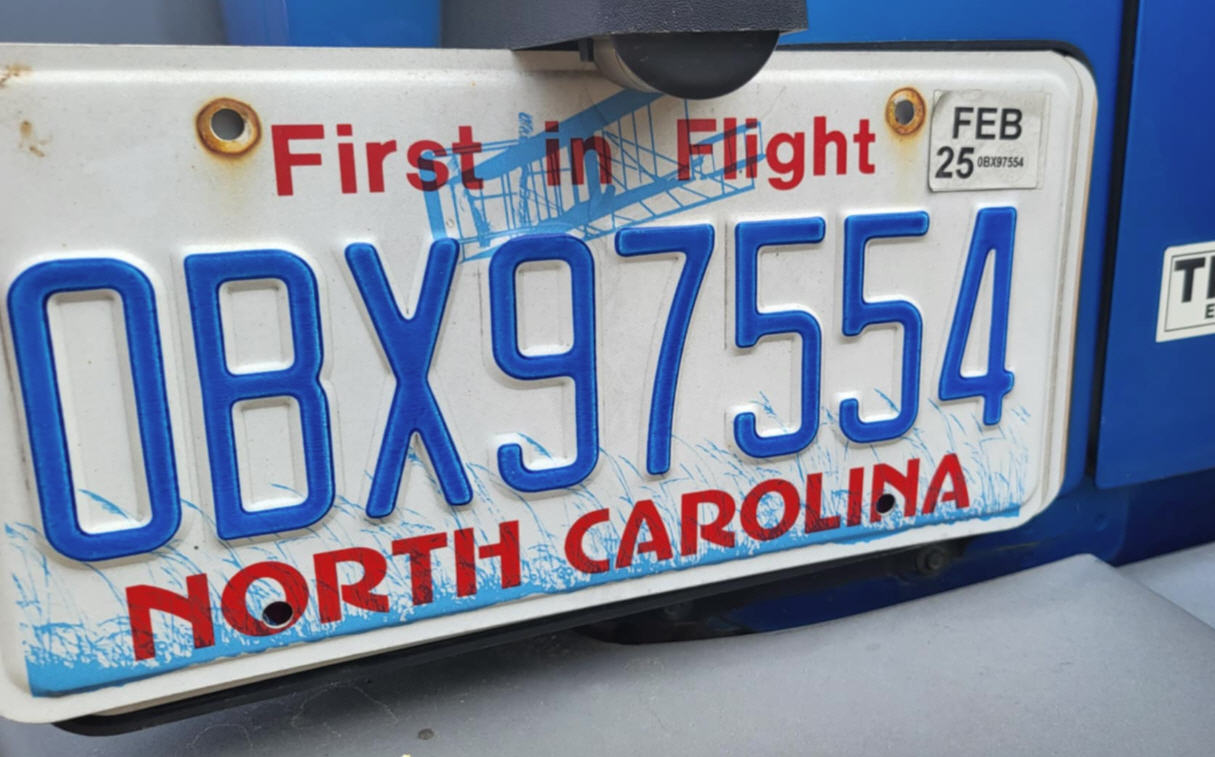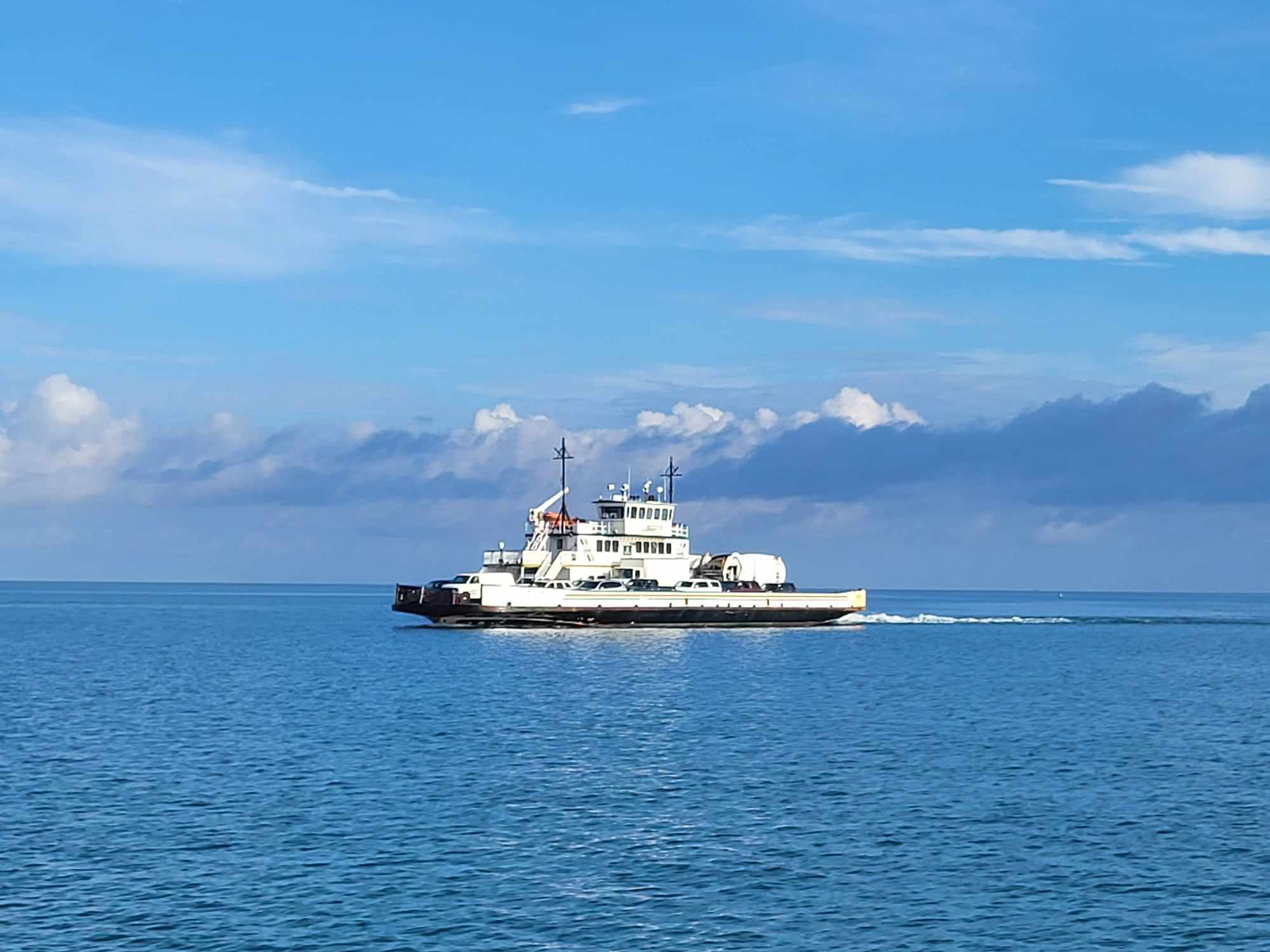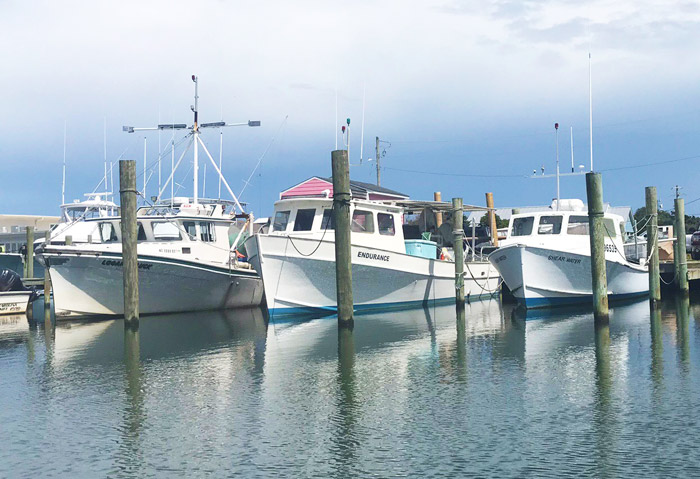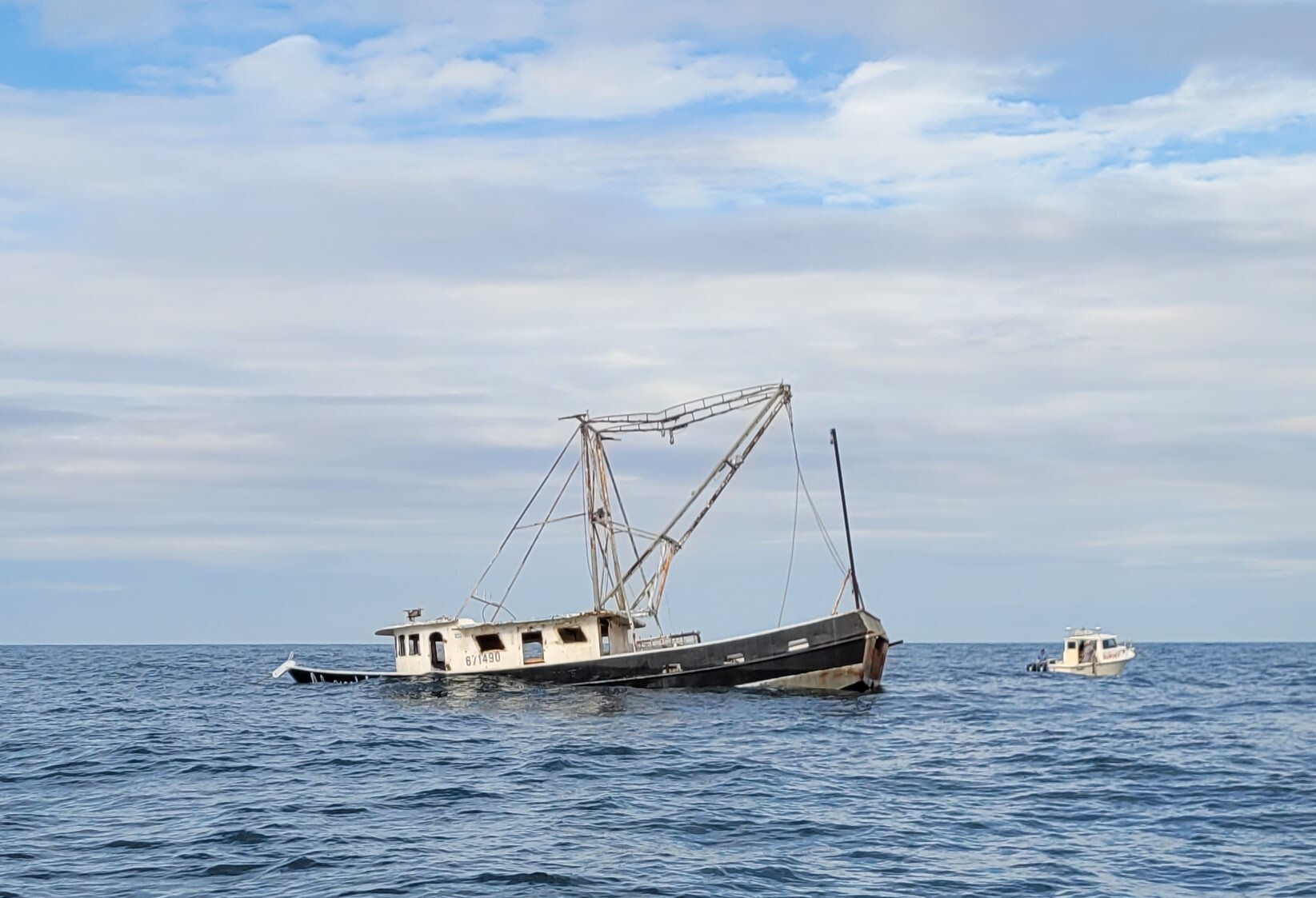Commission for Working Watermen Concentrates on Response to Southern Flounder Management Plan
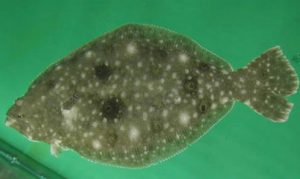 The Dare County Commission for Working Watermen met on Wednesday evening, May 29, to review the Southern Flounder Management Plan, and to formulate a response and recommendation for the upcoming Dare County Board of Commissioners meeting on Monday, June 3.
The Dare County Commission for Working Watermen met on Wednesday evening, May 29, to review the Southern Flounder Management Plan, and to formulate a response and recommendation for the upcoming Dare County Board of Commissioners meeting on Monday, June 3.
The Draft Amendment 2 to the Southern Flounder Fishery Management Plan is currently in the public comment stage, which ends on June 3, hence the commission’s urgency in formulating a stance and a response before the public comment period is over.
Draft Amendment 2 calls for a reduction in southern flounder harvest to be achieved through “season closures for the commercial and recreational sectors, and consideration of yardage and time restrictions for gill nets and daily harvests limits for pound nets and gigs,” per a press release from the N.C. Division of Marine Fisheries.
The proposed commercial seasons are by areas – Northern, Central, and Southern – and the plan contains options for several seasonal harvest closure scenarios to achieve up to a 72% reduction in southern flounder harvest for the commercial and recreational fishing sectors. Additionally, at the request of the Marine Fisheries Commission, the draft amendment includes an option for a partial moratorium.
The amendment is in response to the most recent stock assessment for Southern Flounder, which extended from North Carolina to the east coast of Florida, and which deemed that “the stock is overfished and overfishing is occurring,” per a press release from the N.C. Division of Marine Fisheries. Draft Amendment 2 is intended to be implemented during the 2019 calendar year so that “reducing harvest is not delayed while more comprehensive strategies are developed for Amendment 3.”
The Marine Fisheries Commission voted to send Draft Amendment 2, as presented by the Division to the Advisory Committee, out for public comment at their May Business meeting.
Commission for Working Watermen Chairman Steve House brought copies of the 68-page Draft Amendment 2 to the meeting, (which can be viewed in its entirety here), and the commission identified a number of issues with the proposal.
“There is nothing in here on how to gauge whether the [measures] are working or not – there are no checks and balances,” said House. “[Commissioner] Joe Wilson also said that they were picking and choosing what data to use, and that’s a red flag.”
The commissioners noted that recreational restrictions were particularly impossible to gauge, simply because there was not a concrete way to gather information on all recreational southern flounder catches.
The commission also questioned the timing and urgency of the Southern Flounder Management Plan, noting that based on Draft Amendment 2’s own data, overfishing has seemingly occurred for years. “You can see how the numbers [of commercial southern flounder catches] are consistent, starting at around 2010 or 2011,” said House. “If it was overfished then, why didn’t you take action at that point? Why are you taking action now?”
There was also the question of how the reduction in commercial fishermen over the years came into play when assessing the numbers, with the commission noting that “there may be fewer catches because of fewer fishermen.”
The commissioners also voiced concerns about the data regarding economic impact, noting that while one page of the 68-page document did note potential impacts to jobs, the data might not have taken all affected parties into consideration, such as the employees or owners of fish houses. “The [data says] that as of 2017, 453 jobs would be impacted, so I guess the employees of fish houses and other [businesses] do not count,” said Commissioner Alana Harrison.
There were some troubling aspects within the details of the proposed closures, as well. For example, if the pound net season was reduced to several weeks, and pound net fishermen were unable to set up their equipment until the season began, they would not have enough time to actually fish.
“If you can’t set up your gear until the season starts, and you have two weeks, you won’t get set up in time,” said Harrison. “It would kill the pound net industry – a shortened season would be detrimental to them.”
After agreeing that the commission was against the proposed Draft Amendment 2, the members worked towards the next steps of publically voicing their opposition.
“If we are all in agreement that this [plan] is not good, we need to come up with bullet points, and use that as a guide to ask the [Dare County] Board of Commissioners to come up with a resolution against it,” said House. “We need hard facts that can’t be disputed… and if you also feel empowered to speak out publically and make public comments, please do so.”
The Commission for Working Watermen agreed to comprise a list of bullet points that would be compiled and shared at the upcoming June 3 Dare County Board of Commissioner Meeting.
The public comment period ends on midnight, June 3. The public can continue to submit comments until the deadline via the following methods:
- Public Meeting – The public may speak at a joint meeting of three advisory committees to be held June 3 at the Crystal Coast Civic Center, 3505 Arendell St., Morehead City. The joint meeting of the Finfish, Northern and Southern advisory committees will begin at noon and end at 4:15 p.m. and include a 1 ½ hour comment period.
During the comment period, members of the public may speak for three minutes each on a first-come, first-served basis. Doors will open at 11 a.m. - Online Comments – Public comments will be accepted until midnight June 3 through an online format that can be accessed through the Information on Southern Flounder Amendment page. Computers will be available at the June 3 public meeting to provide online access to attendees.
- Mailed Comments – Written comments may be mailed to Southern Flounder Comments, P.O Box 769, Morehead City, N.C. 28557. Comments must be received by the division by midnight June 3.


